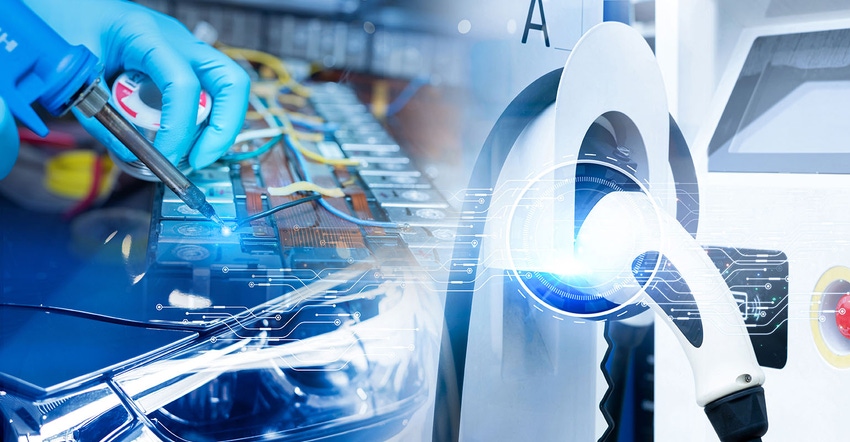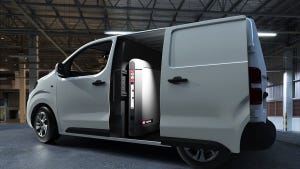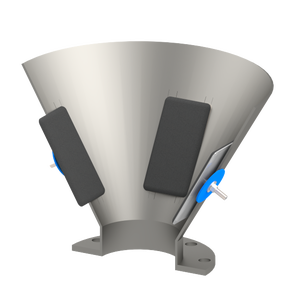Eatron & WMG: Maximizing EV Battery Efficiency and Lifespan
Eatron Technologies and WMG enhance EV battery efficiency through advanced algorithms, paving the way for sustainable electric mobility solutions.

Battery health algorithms play a crucial role in optimizing the performance of batteries. By continuously monitoring and analyzing the health of individual cells within a battery pack, these algorithms can ensure that the battery operates at its peak efficiency. This optimization is essential for maximizing electric vehicles (EVs) range and overall performance. Also, for second-life applications, accurate battery health information facilitates the redeployment of batteries into secondary applications, minimizing waste and maximizing the battery value chain.
Eatron Technologies—a company that develops AI-powered edge-to-cloud connected software platforms for greener batteries—and WMG, University of Warwick, have joined forces in a collaboration that promises to change the way an electric vehicle (EV) battery's remaining useful life (RUL) is estimated. The outcome, named VIPER (Validated & Integrated Platform for battery Remaining useful life), integrates WMG's sophisticated electrochemical models with Eatron's cloud battery management and integration expertise. According to Eatron, the result is RUL estimates featuring an accuracy rate exceeding 90%, a significant leap forward in battery technology.
Eatron explains that the degradation of a battery's cells over time impacts its condition and performance. Failure to closely monitor this natural process can lead to cell failures, posing serious safety risks. Conventional RUL estimates often rely on simplistic voltage-based analytics, potentially overlooking complex failure conditions. This risks consumer safety, while overly cautious estimates may render perfectly healthy battery packs unusable.
Accurate RUL predictions by Eatron and WMG's solution offer the ability to extract maximum performance and longevity from batteries without compromising safety. The solution proposed by both companies can be integrated into an automotive-grade battery management system (BMS) or deployed through a cloud-based platform, presenting an attractive option for fleet applications.
Moreover, Eatron describes that their technology could prove valuable even when an automotive battery enters its second life. A comprehensive battery passport accompanies the battery, providing an accurate snapshot of its health. This eliminates the need for expensive testing and widens the operating window of the battery.
Umut Genc, CEO of Eatron, highlights the potential to increase an EV's usable range and extend its lifetime by unlocking hidden battery capacity. This is particularly significant for the used EV market, where accurate RUL estimates instill confidence in the condition and performance of a vehicle's battery. “Unlocking the hidden capacity of a battery has the potential to increase an EV’s usable range and extend its lifetime,” stated Genc. “There are benefits for the used EV market, too; as a result of these highly accurate RUL estimates, buyers could have confidence in the condition of a vehicle’s battery and be reassured about its ability to perform for many years to come.”
Professor Pam Thomas, CEO of the Faraday Institution, emphasizes the importance of supporting UK-based efforts to develop cost-effective, efficient, fast-charging batteries with sustainable recycling capabilities. He believes that the Eatron/WMG collaboration is an example of research and innovation converging to make a significant impact, aligning with the goals of the Faraday Battery Challenge and contributing to the growth of EVs on the road toward achieving net-zero targets.
The significance of battery health algorithms in optimizing efficiency and prolonging battery life is evident. The collaboration between Eatron Technologies and WMG, encompassing accurate health information and the potential of battery passports, not only enhances performance but also maximizes the battery value chain, offering a sustainable solution for the future of electric mobility.
About the Author(s)
You May Also Like





